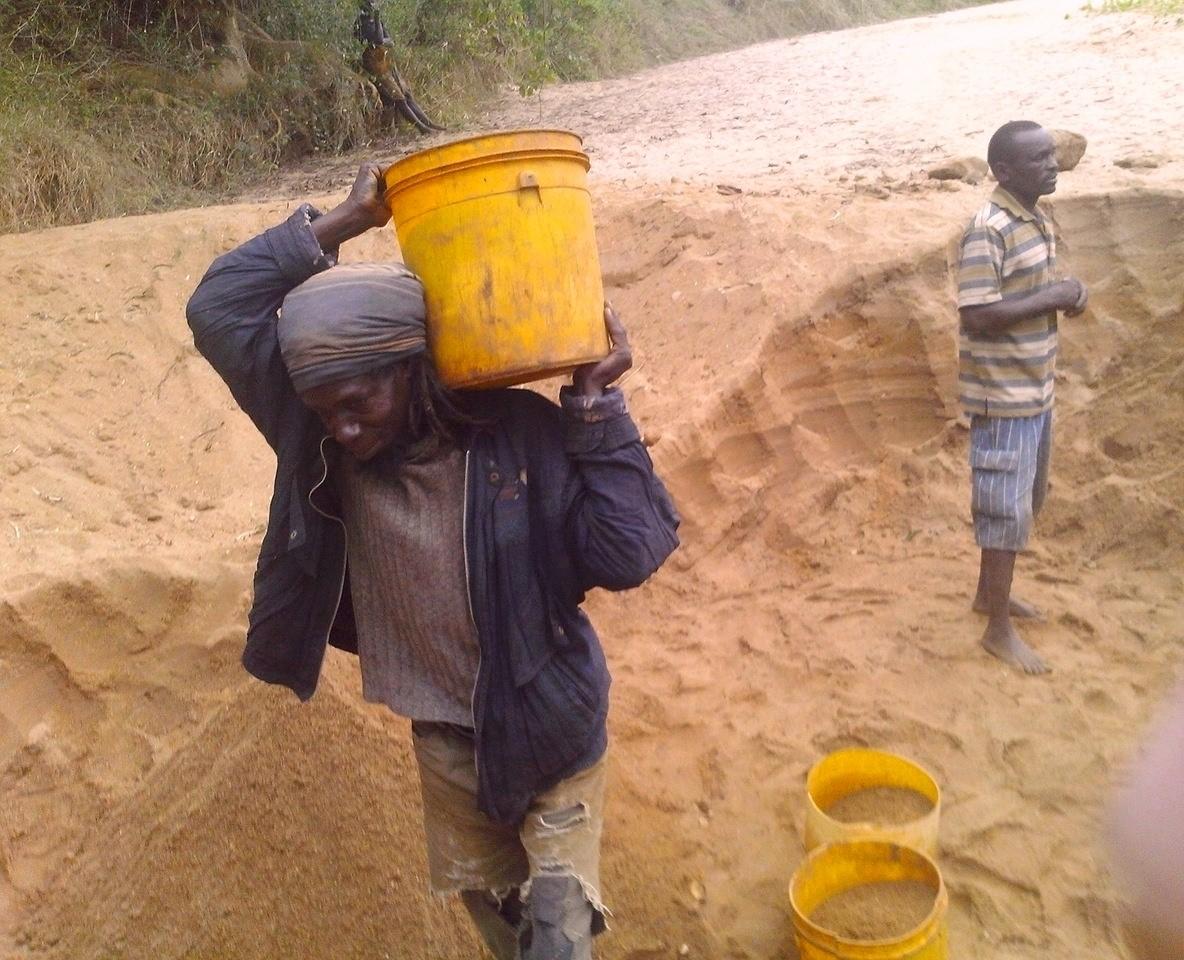
3 minute read
The award is one of the largest to be given to a private landowner in Coast

Former Taveta MP Basil Criticos has won a more than Sh2.6 billion duel with the National Bank of Kenya (NBK,) one of the largest to be awarded to a landowner in Coast region.
Advertisement
The High Court gave Criticos a greenlight to seize cash and government bonds at the Central Bank of Kenya(CBK) belonging to the NBK over unpaid Sh 2.57 billion compensation.
This comes at a time when thousands of Taita-Taveta residents are living as squatters on their ancestral land while huge chunks of land remains in the hands of the Kenyatta family and more recently President William Ruto who bought part of the vast farm from the controversial former MP.
Consequently, Criticos will be allowed access to NBK’s Sh 4.2 billion in the CBK and another Sh 46.6 billion worth of Treasury Bills and bonds.
The Bank was ordered to pay the former MP the money as compensation for auctioning his sisal farm 15 years ago.
Skeptical observers are questioning the impact this hefty award will have on the lending powers of NBK and if this compensation will benefit Criticos, who once described himself as “a squatter on his own land” or “the powers that be.

In December last year, an attempt by the NBK to appeal the decision at the Supreme Court failed,
The judges led by Justice Dorah Chepkwony, found out that the auction in September 2007 of nearly 16,000 acres in Taveta belonging to the former MP was undervalued after the forced sale failed to take into account buildings, sisal, a quarry and road network on the land.
NBK unsuccessfully sought to overturn the Sh2.57 billion award, arguing that the compensation risked pushing the bank into losses thereby affecting its lending obligations.

Justice Chekwony said she had read the notice of motion and granted the application in accordance with prayer 3 in which Criticos , through his lawyer Allen Gichuhi, had sought a garnishee order over NBK deposits at the Central Bank of Kenya.
CONTINUED ON PAGE 2
The powder keg that is inequitable distribution of land in TaitaTaveta County

Page 4-5


From page 1
Criticos’Sh2.6 billion land compensation as Taveta locals continue living as squatters
The land was sold to the Settlement Trustee Fund (STF)to recover a loan of Sh 20 m advanced to a company in which Mr Criticos was a director and shareholder.
The former Taveta MP acted as a guarantor and the bank sold the land after he defaulted on payment.
In addition to the Sh 2.28 billion compensation that excluded interest,the court also directed NBK to refund Mr Criticos Sh 35 million which was surplus for the sale.
“Proceeding to sell the land at less than the amount he offered was a plain breach of a bank’s duty to act with care and good faith” the court noted.
The former MP had told the court that the loan was advanced to his company Agro Development Company in 1991 and charged the property to Kenya National Capital Corporation which is a subsidiary of NBK.
In April 1997, the bank wrote to Criticos demanding about Sh66.5 million from the company plus 35 per cent interest per month.
He was given three months to repay the amount but his efforts to sell the land and offset the loan were frustrated by several court cases.
The bank then sold the land to STF for Sh 55m through a private treaty while the case was still pending in court.
The bank then demanded a further a further Sh106 million from Criticos.
The businessman and controversial politician had initially lost the case before the High Court but he successfully appealed.
“The dispute between the parties was a commercial loan between a lender, borrower and guarantor. The applicant has not shown how a private commercial agreement between the parties and failure to repay a loan is a matter of general public importance” the Court of Appeal judges averred.
The lender went back to the court of Appeal seeking the suspension of the decision and permission to move to the apex court, which while admitting the award was hefty, dismissed the suit.
The bank told the court that that the judgment will directly affect all players in the banking industry, including depositors and borrowers, who place heavy faith in personal guarantees as security for loans.








